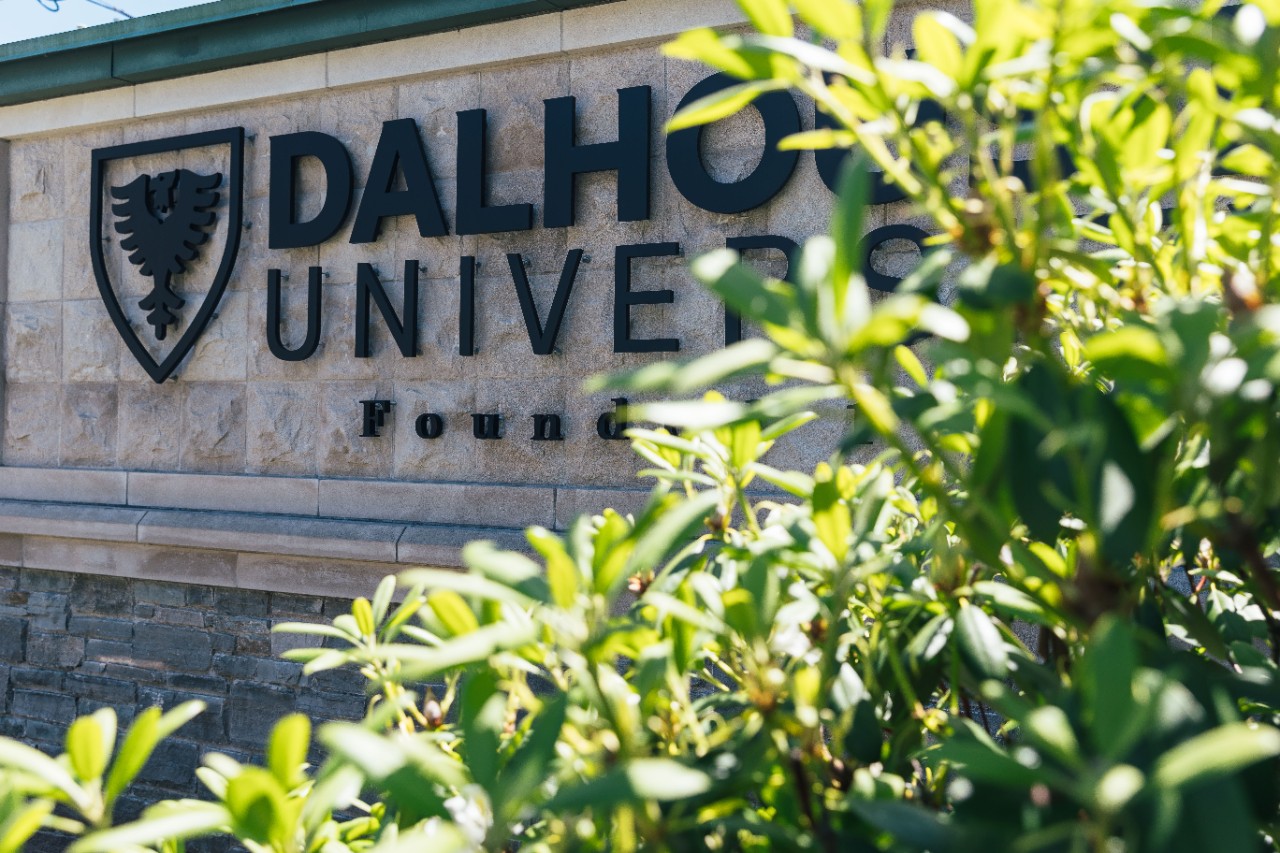What is discrimination?
“For the purpose of this Act, a person discriminates where the person makes a distinction, whether intentional or not, based on a characteristic, or perceived characteristic…that has the effect of imposing burdens, obligations or disadvantages on an individual or a class of individuals not imposed upon others or which withholds or limits access to opportunities, benefits and advantages available to other individuals or classes of individuals in society.” – Nova Scotia Human Rights Act (Section 4) [PDF-230KB]
Two types of discrimination
Direct discrimination describes an act, behaviour, or practice that treats a person unequally on the basis of any of the prohibited grounds. Direct discrimination may be overt and admitted or covert and denied.
Examples of direct discrimination:
A manager only assigns special projects and developmental opportunities to staff members without children, as to an assumption that those with family responsibilities will become overburdened.
A class has been asked to organize into groups. As student X approaches a group of students, one of the students stop them and says, "Our group is full." As student X walks away, they overhear, "They are nice, but their religion interferes with their availability to meet."
Student X has an accommodation to write exams in the Student Accessibility Centre. One of their professors has told the student that they object to the "special treatment" being received, which is an “unfair advantage over their classmates.” Therefore, the Professor will consider this "special treatment" into account when calculating the final grade.
Professor X, originally from India, was told that one of their students were overheard telling their classmates, and other faculty members, that "Professor X is incompetent and can't teach." Afterwards, students who previously participated in class have become withdrawn and appear to defer to that student. A different student confided in Professor X that the student has used racially offensive language and is circulating a petition to demand that all teaching duties and credentials be revoked.
The second form of discrimination is most commonly known as "systemic discrimination" because this discrimination is inherent in, or the result of, the organization's informal or formal policies, practices, or procedures. Systemic discrimination occurs when a requirement, qualification, or factor is not discriminatory on the basis of a prohibited ground, but results in the exclusion, restriction, or preference of a specified group identified by a prohibited discrimination.
What are human rights?
Human rights are rights inherent to all human beings, whatever our nationality, place of residence, sex, national or ethnic origin, colour, religion, language, or any other status. We are all equally entitled to our human rights without discrimination. These rights are all interrelated, interdependent, and indivisible.
Universal human rights are often expressed and guaranteed by law, in the forms of treaties, customary international law, general principles and other sources of international law. International human rights law lays down obligations of Governments to act in certain ways or to refrain from certain acts, in order to promote and protect human rights and fundamental freedoms of individuals or groups.
Adapted from: https://www.ohchr.org/en/what-are-human-rights
Legislation
In Nova Scotia, human rights legislation generally applies to the following areas, with some exceptions:
- Services and facilities
- Accommodations
- Purchase or sale of property
- Employment
- Volunteer public service
- Advertisement
- Membership in professional associations
The Human Rights Act [PDF-230KB] also prohibits sexual harassment and harassment of an individual or group with respect to a prohibited ground of discrimination.
Protected characteristics
Characteristics currently protected in Nova Scotia include:
- age
- race
- colour
- religion
- creed
- sex (includes pregnancy, gender identity and gender expression)
- sexual orientation
- gender identity
- physical disability or mental disability
- an irrational fear of contracting an illness or disease
- ethnic, national, or aboriginal origin
- family status
- marital status
- source of income
- political belief, affiliation, or activity
- that individual's association with another individual or class of individuals having characteristics referred to above
